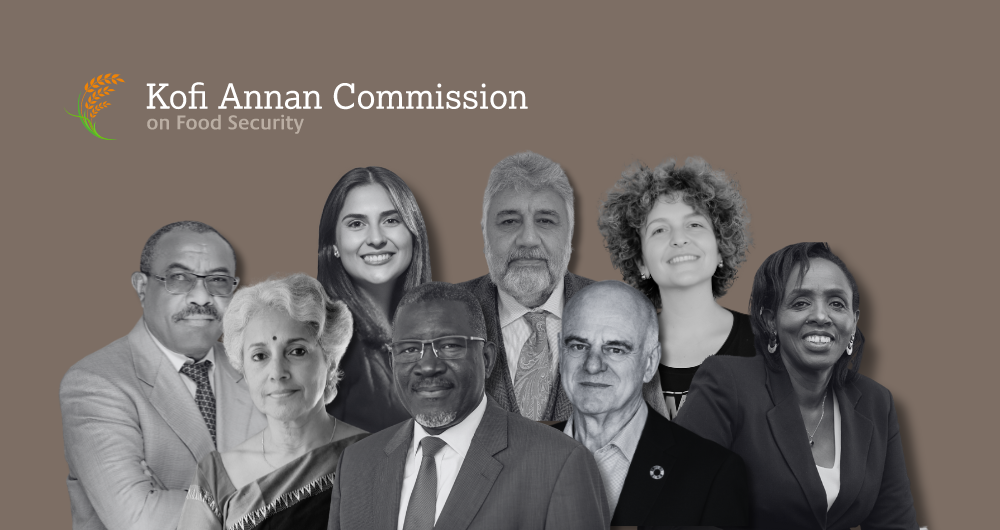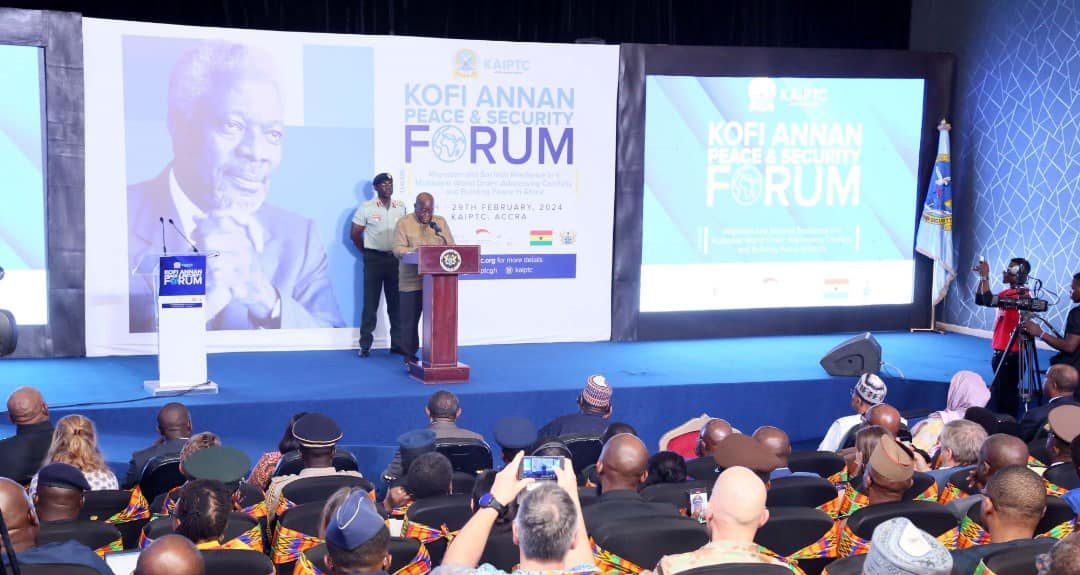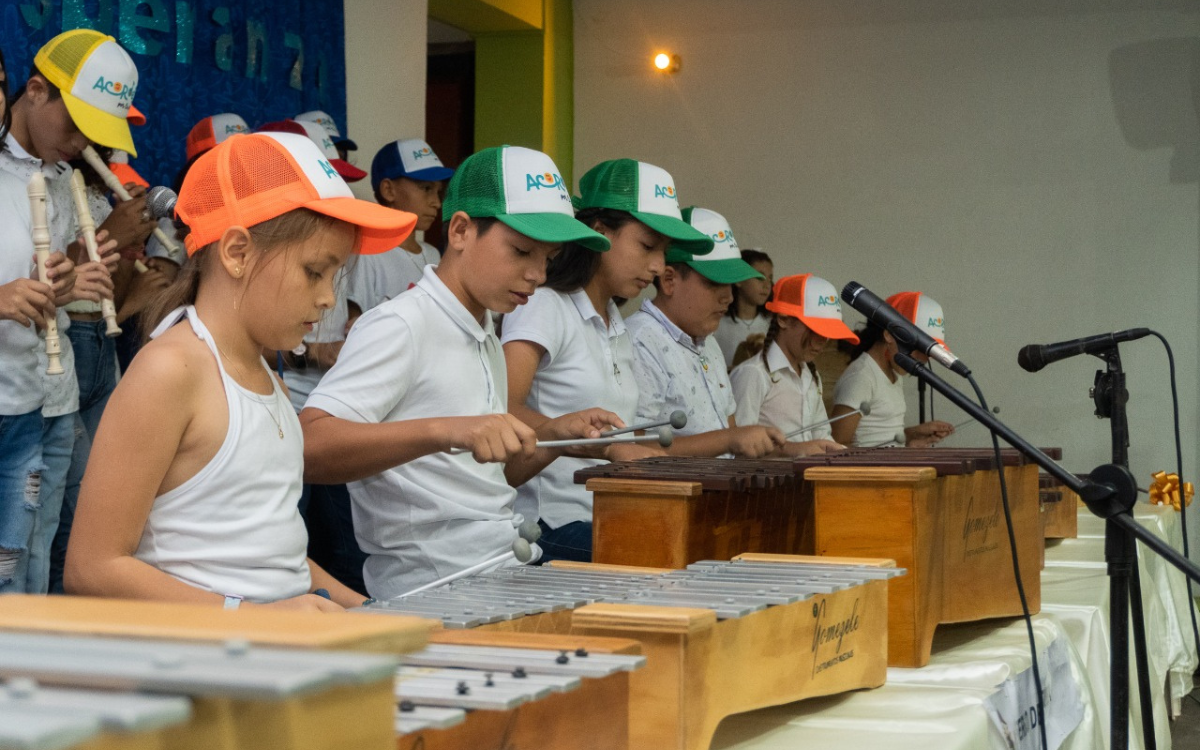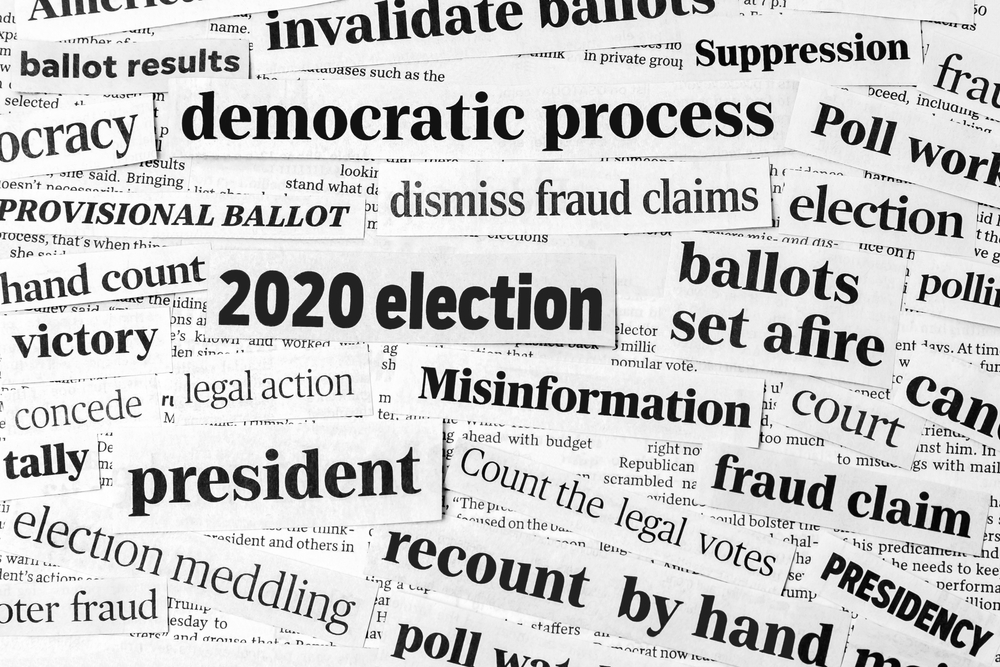Transitional justice must not forget the victims of the war on drugs
This OpEd on Colombia’s Truth Commission and Drug Policy was originally published on 18 March 2021, in Spanish, in El Espectador and El Tiempo.
Rarely has a country in modern history encountered as much violence, losses on its territory, or shown as much resilience to face it all as did Colombia. Colombia has experienced internal wars, assassinations, homicides and kidnappings, displacement of violence and of turf wars, with civilian populations being the first victims. Worse, the conflicts that have become regional and integrated foreign powers and interests were still carried by Colombia’s children themselves. The hurt, injustices and unfairness have hit every side indiscriminately, and we consider all those who suffered from these conflicts to be legitimate stakeholders.
Rarely has a country in modern history encountered as much violence, losses on its territory, or shown as much resilience to face it all as did Colombia.
Today the 2016 Peace Agreement’s transitional justice through the Truth Commission represents in the eyes of the world the designated space to allow all victims of the war on drugs to express themselves. Its report to be published this year is key to the upcoming steps in building long-lasting peace.
Reaching the truth
Indeed, the world is carefully watching how the Truth Commission will set the truth on the contributions of repressive drug policies to violence, conflict and the numerous human rights violations. There is no doubt that drug trafficking has violently fueled conflict in Colombia, and for many decades supported direct or opportunistic funding of armed groups. But at the same time, the response to that same production and trafficking by blind repression undermined drug control, since it kept the profit and power with criminals, while focusing repression on traditional coca growers, consumers and small scale smugglers with little accountability from those enforcing drug laws.
Reaching the truth is a crucial step towards ensuring reconciliation and equity among Colombians. But it cannot be achieved unless all taboos are broken. It is no way an easy feat to address over a century of conflicts –which have been deeply aggravated in the last 50 years by the war on drugs in Colombian territory led by foreign powers– without speaking of the unspeakable, and putting forward the flaws of all concerned parties.
The impact of militarization
Not addressing the impact of the militarization of the response to drug trafficking and production, when those producers were centenary traditional coca growers that found themselves caught in a war, is in no way looking for truth or reconciliation. It is missing a whole part of the Colombian society, albeit small statistically and marginalized geographically, but nevertheless, that has lost its welfare to the war on drugs.
Were cocaleros ever given the opportunity to speak up for themselves, to explain their socioeconomic and cultural reasons to engage in the sale of crops to those that will make an illegal drug out of them, or what is the impact of the fumigation with the carcinogen agent Glyphosate on their lives?
Similarly, when were soldiers of the military troops, equipped and trained by a foreign power, given the floor to speak freely of the effectiveness of putting their lives in danger, when the production and trafficking, as well as profits and their laundering into the legal economy, are steadily increasing every year? What did their actions in the Colombian jungle achieve, in their own eyes, in terms of peace?
A space to repair the harms caused
Our hope is that the Truth Commission becomes a space to recognize and acknowledge the harms caused by states through the implementation of drug policies and provides a safe space where victims can unload the burden of fifty years of injustices, and invite a conversation on ways to repair the harms caused and ensure guarantees of non-repetition. The Truth Commission is the opportunity to bring the voices of victims, those who suffered from legal criminalization, coercion from criminals and social stigma, and maybe, through their words, the whole world can hear that engaging in the drugs market, not matter at any level, is too often related to the lack of opportunities, services and infrastructure. Allowing the uncomfortable truth, and giving a space to everyone to share their own lived “truth”, is the key to achieve sustainable peace.
Authors:
- Mohamed ElBaradei, former director of the United Nations nuclear oversight agency and member of the Global Commission on Drug Policy;
- Ruth Dreifuss, former President of Switzerland and member of the Global Commission on Drug Policy
- Elhadj As Sy, Chairman of the Board of the Kofi Annan Foundation.



